Recently, when Satya Nadella took over the CEO of Microsoft some experienced SEO analysts did not forget to point out that Search veterans were now heading Google (Larry Page), Microsoft (Bing), as well as Yahoo (Marissa Meyer). It has not been lost on many that Nadella once headed the unit which oversaw Bing as well.
My money is on Microsoft to invest enough resources on the Bing team that they always remain a close competitor to Google in terms of the quality of the Search results, if not market share. Bing offers plenty of value-added free tools for the searcher, which are not limited to Keyword Research and Webmaster Tools.
Bing also powers Search for Yahoo!, and together with Yahoo!, offers the combined Yahoo!Bing network for PPC advertising on the web. Even the combination doesn’t come anywhere near Google on both organic Search as well as PPC Ads, but still they remain in play as a serious act in town.
DOES BING OFFER SUPERIOR SEARCH?
This brings us to the question: Are there any areas in which Bing offers a Search experience superior to that of Google?
In my limited experience, there are a few.
For instance, Bing offers conversion to bitcoin, though Google doesn’t.
Not sure how relevant it is, but given the popularity graph of bitcoin, I’m guessing Google may soon offer the service.
e.o.m.
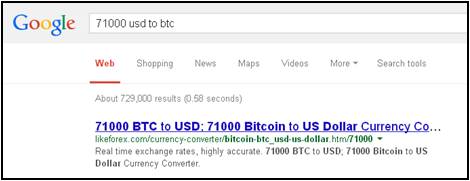

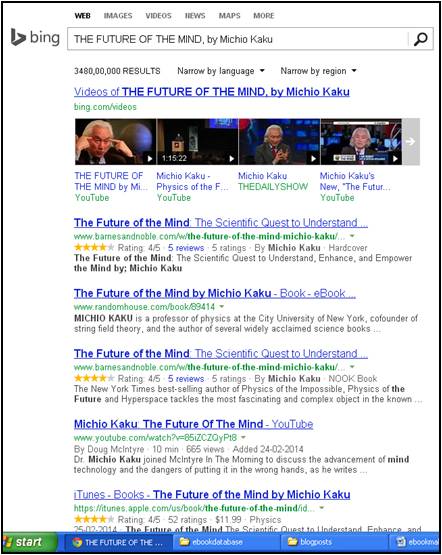
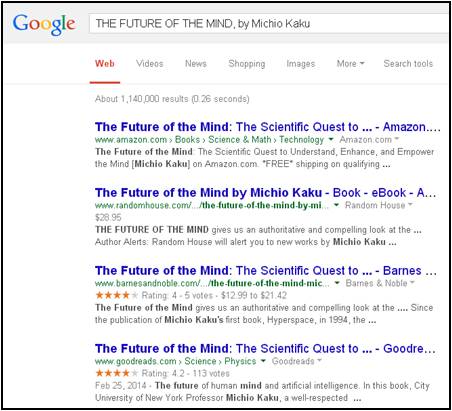
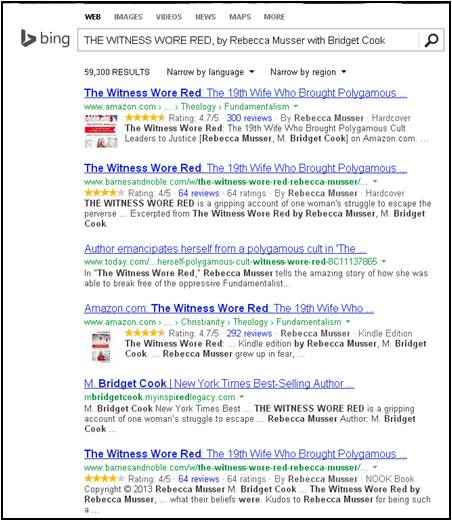
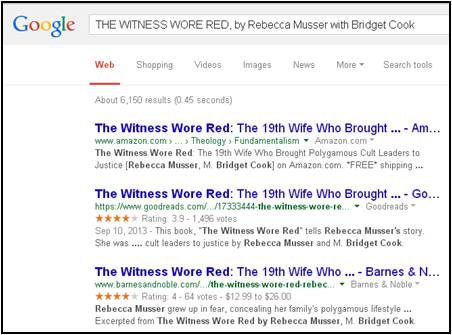
 RSS Feed
RSS Feed
